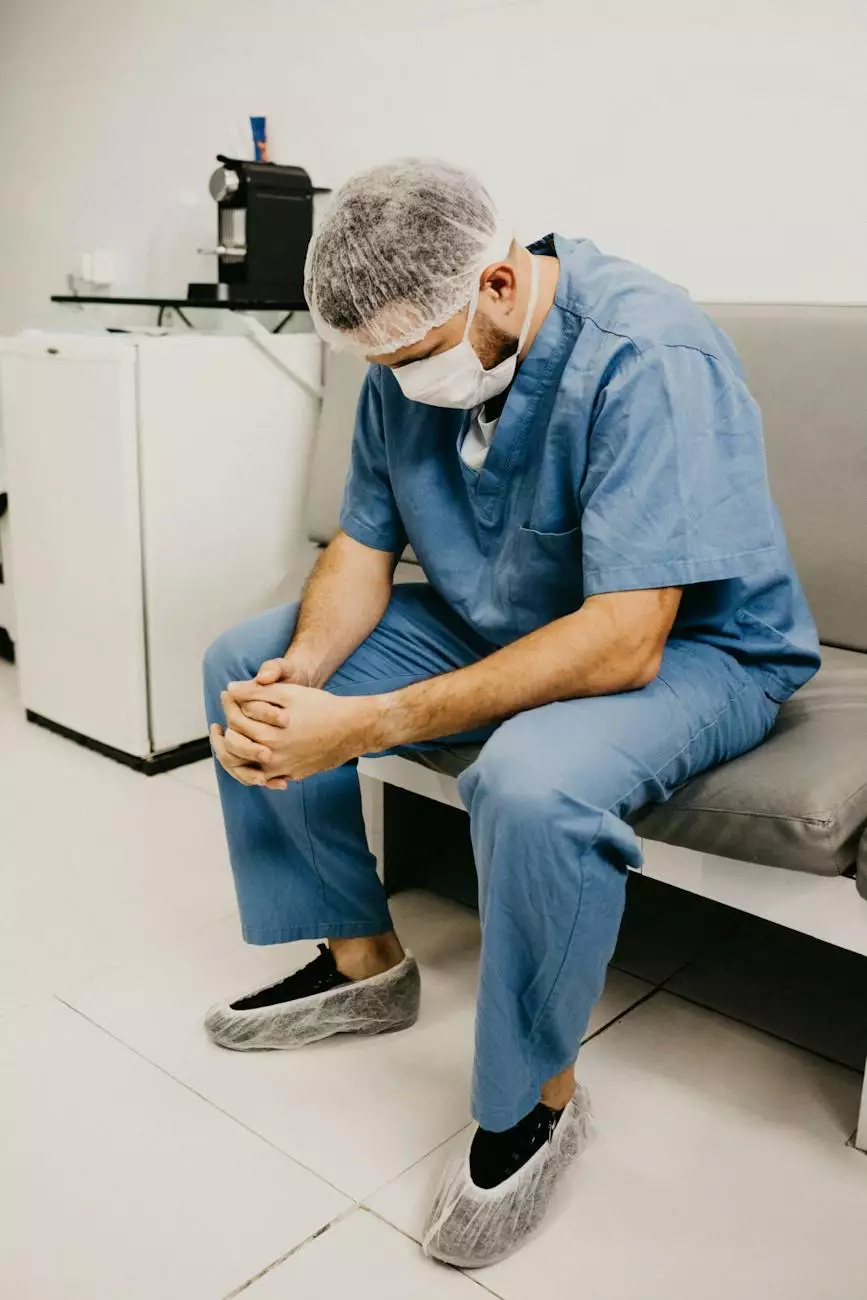Hot Weather is Here: Stay Safe and Cool
Health
As the hot weather approaches, it's essential to take necessary precautions to stay safe and cool. Muir Diablo Occupational Medicine, your trusted source for health advice in the Health industry, is here to provide you with valuable information on how to beat the heat and keep yourself and your loved ones protected.
Understanding the Risks of Hot Weather
Extreme hot weather can lead to various health issues, ranging from heat exhaustion to heatstroke. It is crucial to recognize the warning signs and take appropriate measures to prevent these conditions.
Excessive heat can cause dehydration, fatigue, dizziness, and in severe cases, it can even be life-threatening. Individuals who work outdoors, engage in physical activities, or have certain health conditions need to be especially cautious during hot weather.
Tips for Staying Safe in the Heat
To ensure your well-being and minimize the risks associated with hot weather, follow these expert-recommended tips:
Stay Hydrated
Drink plenty of water throughout the day. Avoid alcoholic, sugary, or caffeinated beverages as they can contribute to dehydration. Carry a refillable water bottle with you to stay hydrated on the go.
Seek Shade and Cool Environments
Avoid prolonged exposure to the sun and seek shaded areas whenever possible. If you don't have access to shade, consider using a wide-brimmed hat, sunglasses, and sunscreen to protect yourself from harmful UV rays. Spending time in air-conditioned spaces or using fans can also help keep your body temperature down.
Dress Appropriately
Wear loose-fitting, lightweight, and breathable clothing in light colors. This allows better air circulation and helps your body regulate its temperature more effectively.
Plan Outdoor Activities Wisely
Avoid strenuous activities during the hottest part of the day, usually between 10 am and 4 pm. If you must be active outdoors, take frequent breaks, and listen to your body. If the heat becomes overwhelming, find a cooler environment and rest.
Monitor High-Risk Individuals
Check on elderly relatives, young children, and those with chronic illnesses or disabilities more frequently during hot weather. These individuals are more susceptible to heat-related illnesses and may require additional support.
Recognizing and Treating Heat-Related Illnesses
Understanding the symptoms of heat-related illnesses and knowing how to respond promptly is vital. Common signs include:
- Heavy sweating
- Muscle cramps
- Fatigue
- Headaches
- Dizziness
- Nausea or vomiting
- Fainting
If you or someone else experiences any of these symptoms, take immediate action:
Heat Exhaustion
Move the person to a cooler environment, preferably an air-conditioned room. Encourage them to drink small sips of water, apply cool wet cloths to their body, and rest. If their condition worsens or doesn't improve within an hour, seek medical help.
Heatstroke
Heatstroke is a medical emergency that requires immediate attention. Call emergency services and while waiting for help, move the person to a shaded area and cool their body using wet towels or misting them with water. Do not provide fluids if they are unconscious.
Conclusion
In conclusion, hot weather presents potential health risks that should not be taken lightly. By following the expert advice provided by Muir Diablo Occupational Medicine, you can enjoy the summer while staying safe and cool. Remember to prioritize hydration, seek shade, dress appropriately, plan outdoor activities wisely, and monitor high-risk individuals. By being proactive and informed, you can beat the heat and enjoy the season to the fullest.




